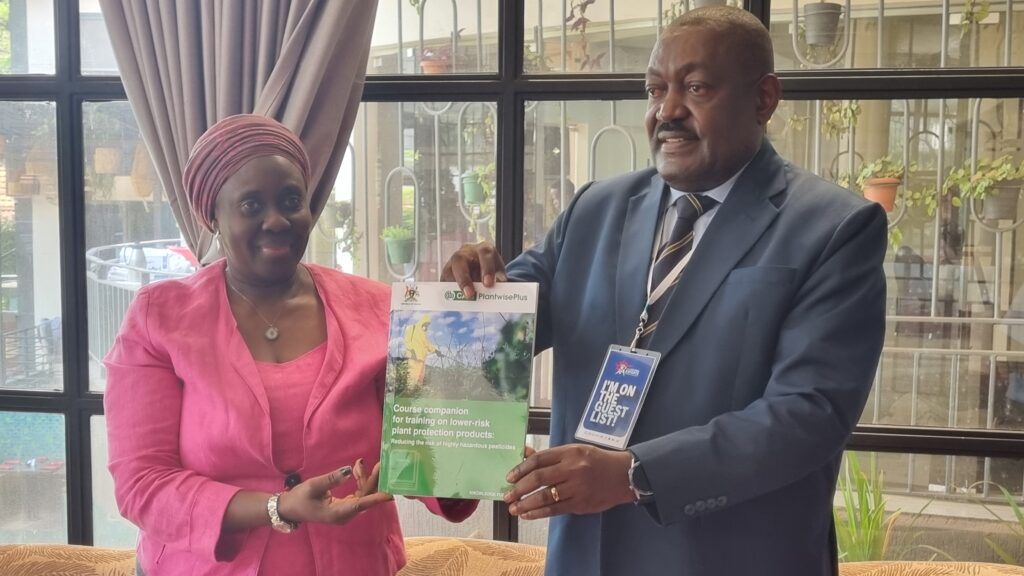
PlantwisePlus has reached a milestone in relations with the government of Uganda. On 14 November, the programme handed over a training toolkit for a module on lower-risk plant protection products to the Ministry of Agriculture, Animal Industry and Fisheries (MAAIF). A team collaboratively developed the resource to help train Uganda’s agro-dealers. It forms part of the existing ‘Safe pesticide handling and application’ course. The handover celebrates three years of partnership among CABI, MAAIF, Makerere University, and the Uganda National Agro-input Dealers Association (UNADA).
Pesticides boost agricultural productivity. However, they also pose potential environmental and health risks. Lower-risk products, including lower-risk synthetics and biopesticides, offer safer pest control, reducing health risks to farmers. They also lessen over-reliance on more hazardous chemical pesticides that can remain in food. Furthermore, they minimize environmental harm and support biodiversity and sustainable agricultural productivity.
Agro-dealers are well poised to help farmers make choices about which lower-risk plant protection products to use. However, training and certification are critical for them to do this. In this blog, we look at the events leading up to the creation and handover of the toolkit, and its benefit to Uganda’s agro-dealers.
Certification empowers agro-dealers to promote safer pest control practices
In 2021, CABI, through PlantwisePlus, and MAAIF considered how to support agro-dealer training and certification in Uganda through a needs assessment. This study analyzed data from 557 agro-dealers in Uganda. It examined the impact of certification on environmentally friendly pest control practices. Ultimately, it identified gaps in agro-dealer certification, knowledge and training.
The research revealed that nearly half of the surveyed agro-dealers lacked the legally required certification. Moreover, only 16% sold biopesticides. The root of this issue lay in limited access, lack of awareness and low farmer demand. Conversely, certified agro-dealers were 9-12% more likely to understand biopesticides and integrated pest management (IPM). Furthermore, they were 8-10% more likely to sell biopesticides. Certification courses were found to improve knowledge of lower-risk plant protection products.
Agro-dealers are key sources of pesticide advice and supply for farmers. They can help to reduce pesticide risks through training and certification. A further study found strong support for certification among agro-dealers. They valued it for training opportunities and the focus on health and safety. Agro-dealers favoured schemes restricting high-risk pesticides. This was particularly true when tying certification to income benefits.
Deciding a way forward for lower-risk plant protection products
In October 2022, stakeholders met in Kampala. CABI, through PlantwisePlus, worked with MAAIF, Makerere University and National Agricultural Research Organisation (NARO). They reviewed the 2021 needs assessment report. Together, they identified gaps in agro-dealer training and discussed how to enhance it.
MAAIF’s Department of Crop Inspection and Certification cautioned against creating a new training scheme. Instead, they suggested focusing on creating complementary content around lower-risk plant protection products. With an emphasis on biopesticides, this new content could be integrated into an existing manual on safe pesticide handling and application.
A follow-up workshop in March 2023 finalized the content and structure of the new training. CABI started work on the training module, taking a blended approach.
Developing a toolkit to train Uganda’s agro-dealers
CABI worked in partnership to produce the training toolkit on lower-risk plant protection products. This resource incorporates a training curriculum, training materials – with a more participatory approach – and a training manual. This handbook is entitled ‘Course companion for training on lower-risk plant protection products: Reducing the risk of highly hazardous pesticides.’ The toolkit will now be used to train agro-dealers alongside the current Makerere University-MAAIF manual on safe pesticide handling and application.
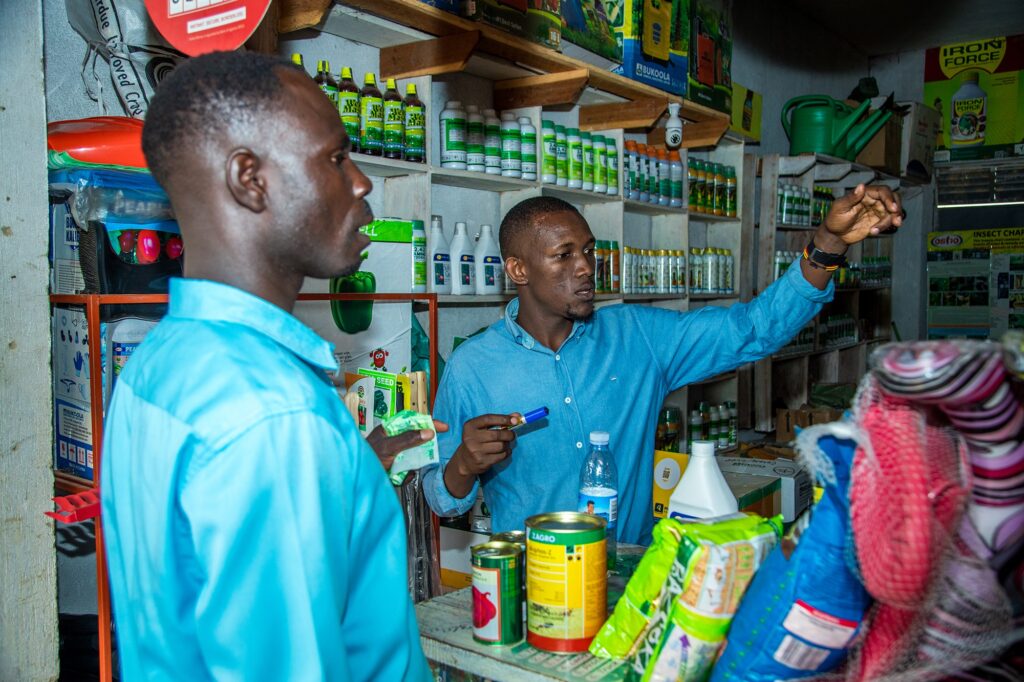
In 2023, a training of trainers’ initiative and pilot phase training tested the toolkit. Further awareness training took place in 2024. The manual part of the toolkit underwent extensive stakeholder reviews and piloting. The pilot programme successfully engaged an impressive cohort of participants. This included 55 agrochemical dealers, 50 MAAIF inspectors and 36 district local government extension officers from 18 districts. Their feedback proved to be invaluable, enabling the materials to be further developed and refined. Uganda’s Agricultural Chemicals Board and its Technical Committee carefully reviewed the materials for quality.
Handover event: delivering the toolkit
On 14 November, the training materials for the lower-risk plant protection products module were officially handed over. This marked a significant step towards promoting safer and more sustainable agricultural practices. At the event, presentations were delivered on PlantwisePlus and pesticide risk reduction.
Dr Paul Mwambu is the Commissioner of Crop Inspection and Certification at MAAIF. At the handover event, he gave an address. He called the toolkit, “a significant step in Uganda’s journey towards more sustainable, resilient, and safe agricultural practices.” He explained how, with these additional resources, agro-dealers can be empowered. Moreover, extension officers and farmers can benefit too. The materials will give them a stronger understanding of IPM practices. They will also help them to apply lower-risk products to plant health management. Ultimately, as said by Dr Mwambu, this will help to “shift Uganda’s agricultural landscape towards practices that protect both the farmer and the environment.”
Strengthening Uganda’s food safety
The handover of the toolkit marks a pivotal milestone in advancing sustainable agriculture in Uganda. It sets a strong foundation and equips agro-dealers with vital training resources. The initiative empowers them to champion lower-risk plant protection products. Safer farming practices, environmental protection and resilient agricultural productivity will strengthen food safety and security in Uganda.
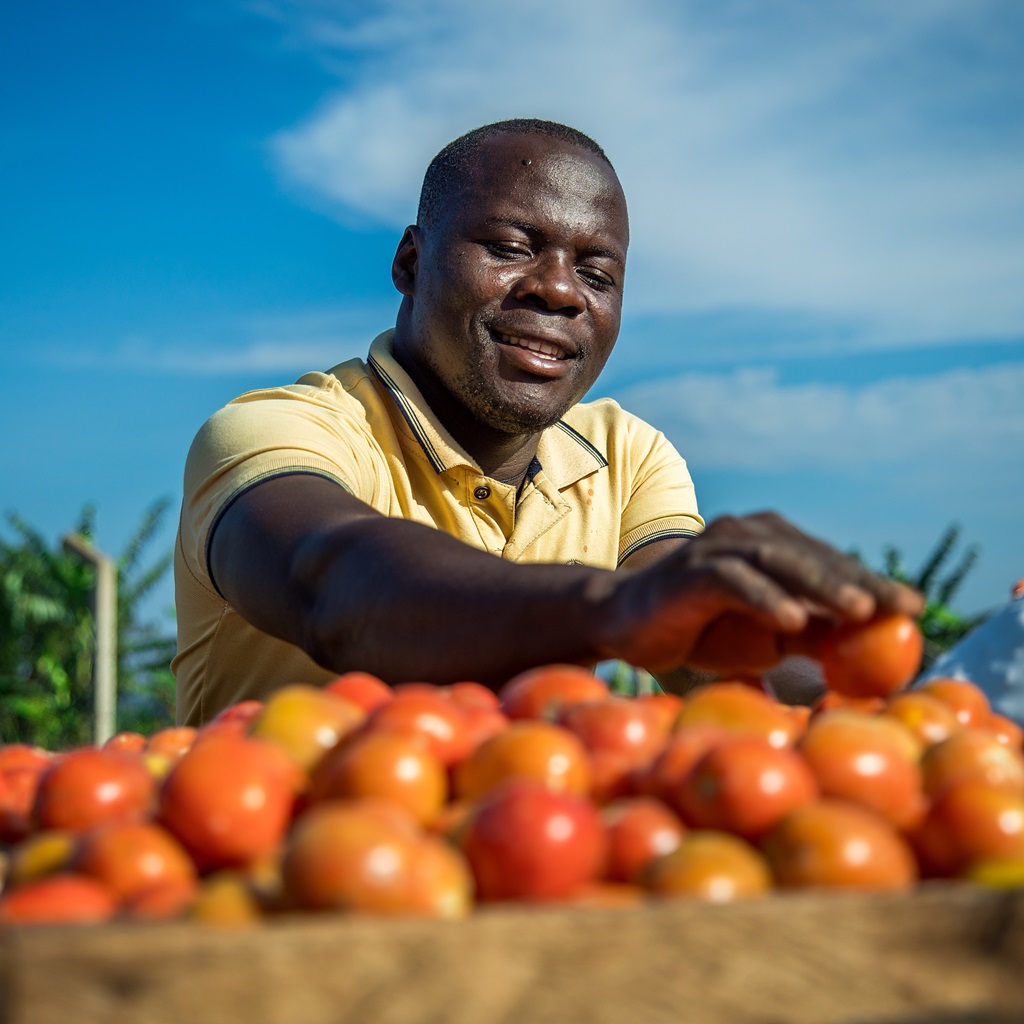
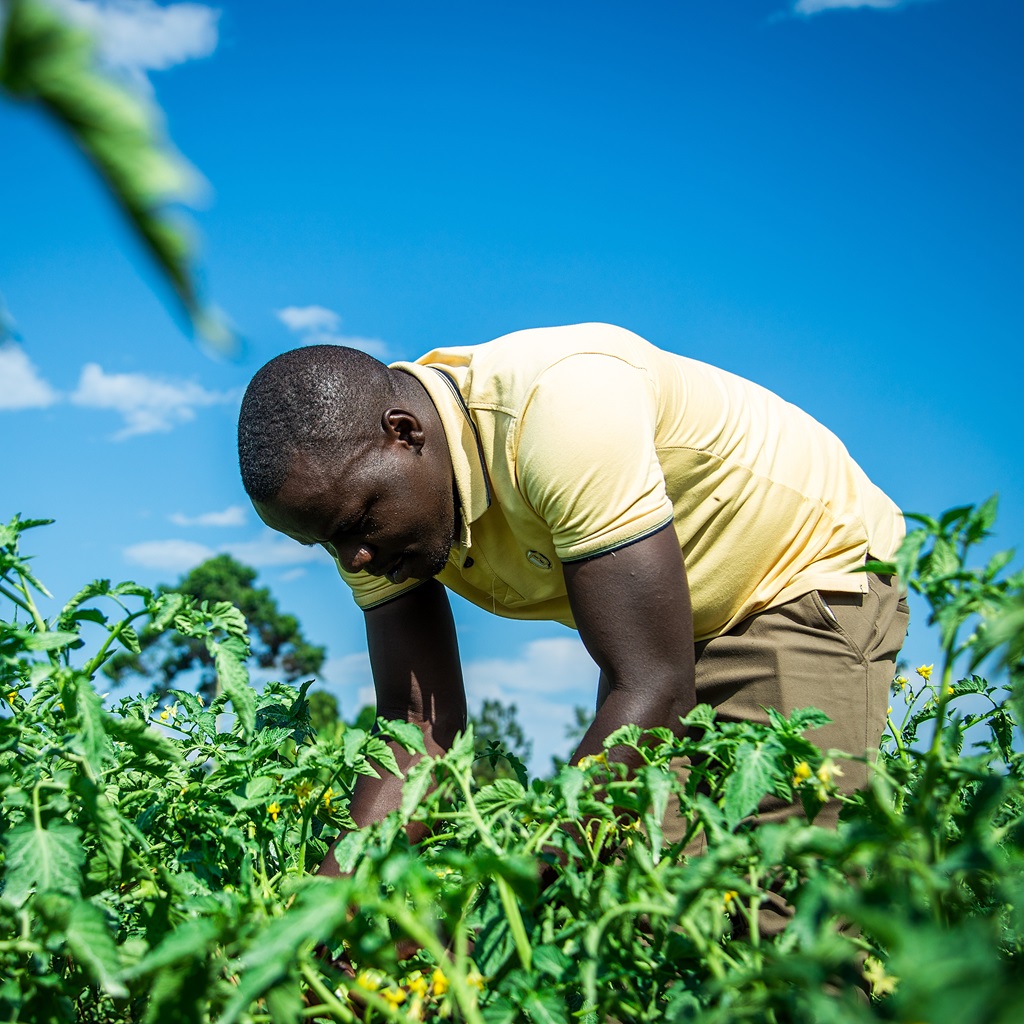
For more information, see the PlantwisePlus Uganda page.
Blueprint for change: how a training manual will support pesticide risk reduction in Uganda
Training module to help agro-input dealers in Uganda reduce the risks of highly hazardous pesticides
Can Uganda’s agro-dealers become champions of sustainable pest control?
PlantwisePlus gratefully acknowledges the financial support of the Directorate-General for International Cooperation (DGIS), Netherlands; European Commission Directorate General for International Partnerships (INTPA, EU); the Foreign, Commonwealth & Development Office (FCDO), United Kingdom; the Swiss Agency for Development and Cooperation (SDC); and the Australian Centre for International Agricultural Research (ACIAR).
All images © CABI
1 Comment
Leave a Reply
Related News & Blogs
Training Sri Lanka’s agro-dealers in pesticide risk reduction
Agro-dealers provide vital support to Sri Lanka’s farmers. These agricultural input suppliers are often the first point of contact for smallholders who need advice on plant protection products. However, agro-dealers often lack formal training in safer…
3 July 2025


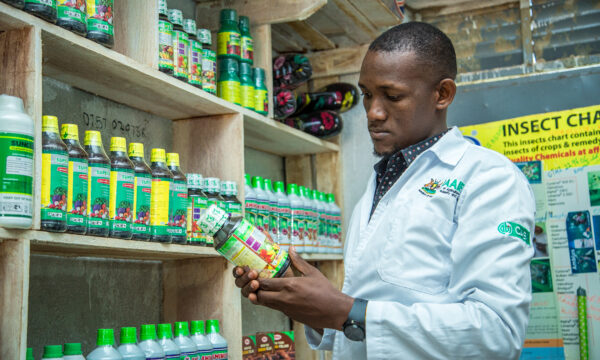
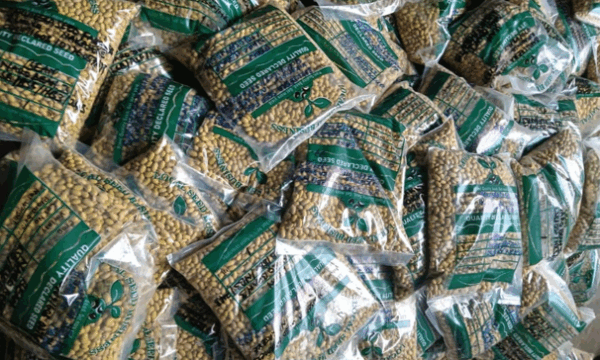

Very good